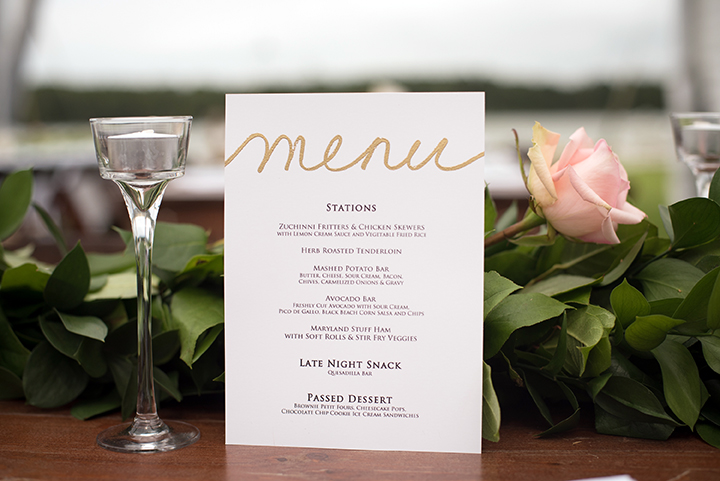While we’re incredibly lucky to have easy access to any and every food imaginable, it’s also admittedly overwhelming to have so many options at our fingertips. When purchasing from a supplier, you have a lot of questions to answer in order to choose the right product for you and your company. Is it necessary to splurge on organic ingredients? Where can I save money, and will saving money affect the quality of our products? These are just a few of many, but we’ve compiled some tips for you to help navigate the process of finding the best quality product for your money.

Photo courtesy Mike B Photography – www.mikebphotography.com
Step one: keep your client in mind
It’s a common understanding in the food and beverage industry that when you purchase products, you aren’t really buying for you. You select food and ingredients based on the needs and wants of your customer base. Stick with items that are appealing to your customers and profitable for you.
Not only do you need to know your customer’s expectations while balancing their budget against your bottom line and expertise, but you need to understand your facility capacities. Kitchen equipment and storage space need to be considered as menus are developed. Do you have the right equipment to produce the items in the time frame available? How will you hold, serve, and present the items? Will you be preparing the items on site or will you be transporting them to an offsite location? Understand that preparation and execution is crucial to satisfying your clients, even if they aren’t going to be there in the kitchen.
Dietary restrictions
We know that dietary restrictions are no longer considered to be few and far between. Whether it’s an allergy, a lifestyle choice, or a simple preference, you should always have these scenarios at the forefront of your mind when selecting and purchasing food.
The catering + events show of the year is back! James Beard Award winners, TED style keynotes, influencers galore, and food for days. See all that’s in store here!
Communication with your client is key to being on the front side of any issues. Be sure to ask your client if they are aware of any allergies or special needs that their guests may have for an event. These requests need to be clearly communicated to the kitchen and purchasing staff in order for the right items to be purchased and produced. Be sure that your servers and captains can answer questions about the meal being served as well. When a guest asks about an item being gluten-free, or about a specific ingredient on the menu, it’s important that they are able to answer (or get the answer) with confidence.
Know your limits
Most companies want to be able to tell their customers that their food is organic, locally-grown, and made from scratch. If that’s something that’s within your means and budget, that’s fantastic! But you must be realistic when evaluating your time, budget, and staffing.
Some kitchens may be completely from scratch, all the way to making their own bases and stocks while others may buy prepared or semi-prepared items. Both choices are completely fine—just keep this in mind when purchasing your food. If being organic or locally-grown is important to you or your clients, they’ll expect that quality of product to be maintained. Don’t sacrifice your budget to do so, but do outline your targeted food cost percentage. Some companies may buy only the best of quality while others may buy what allows them to focus more on quantity.
The food you purchase is very personal to your business and clients. The customer experience reigns supreme, and you never want to sacrifice repeat business, your reputation, or new clients in order to save a few bucks. Focus on the needs of your business model and clientele, and keep it in mind when investing into your products!



